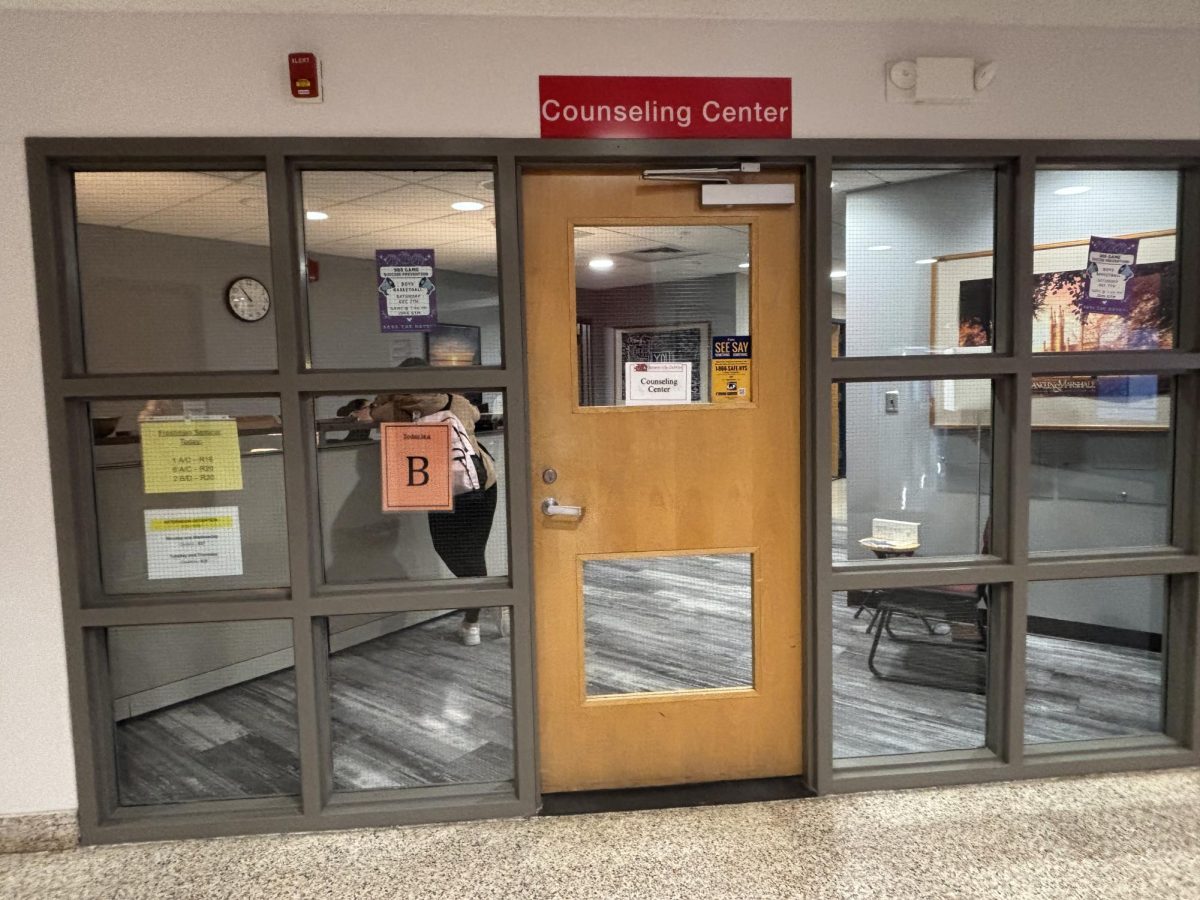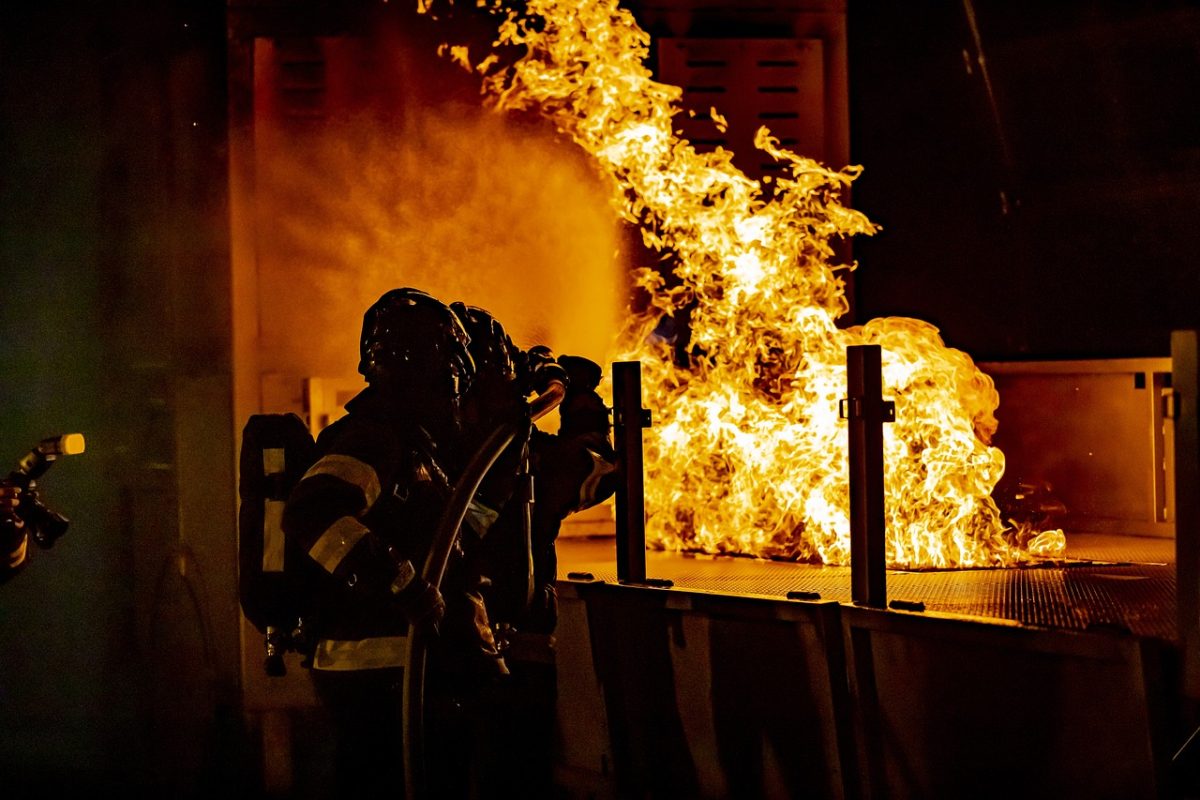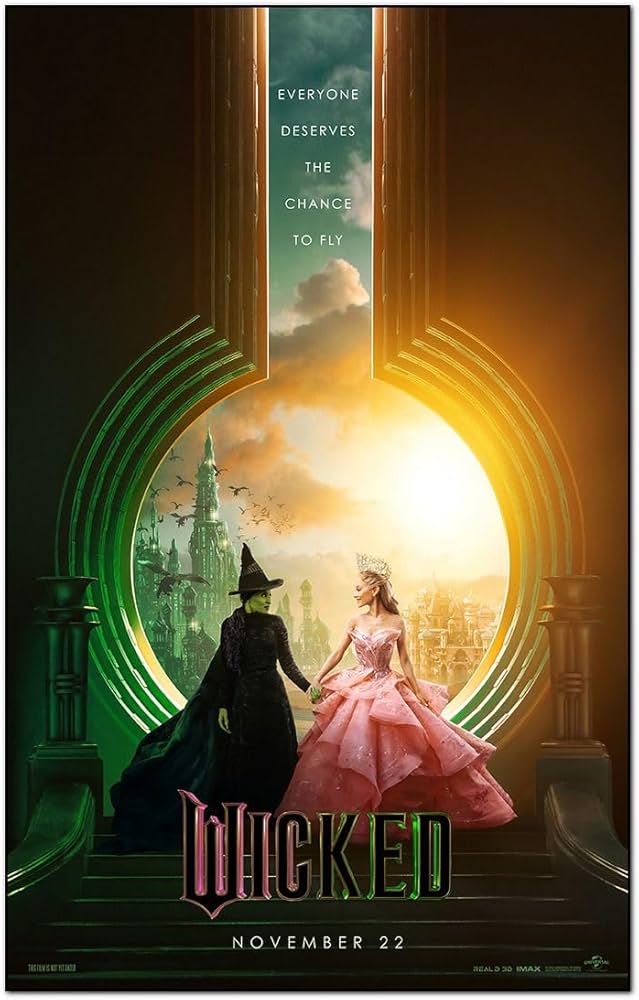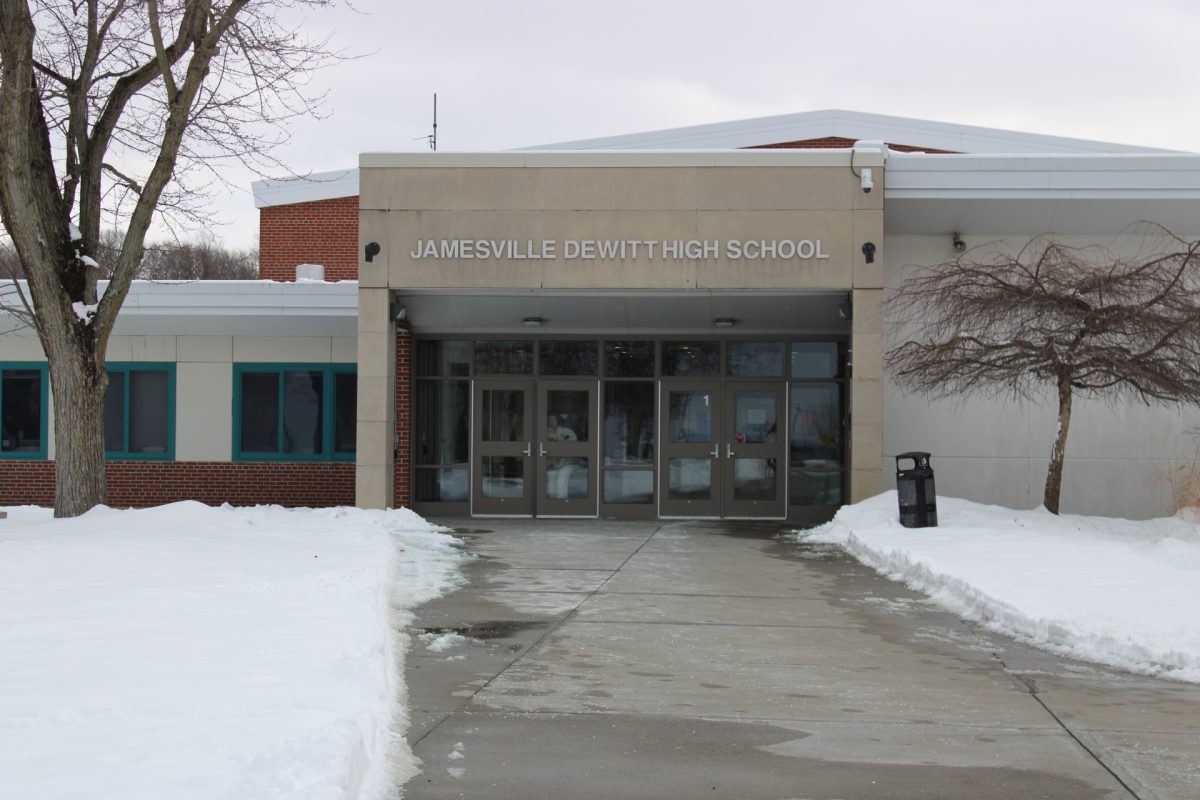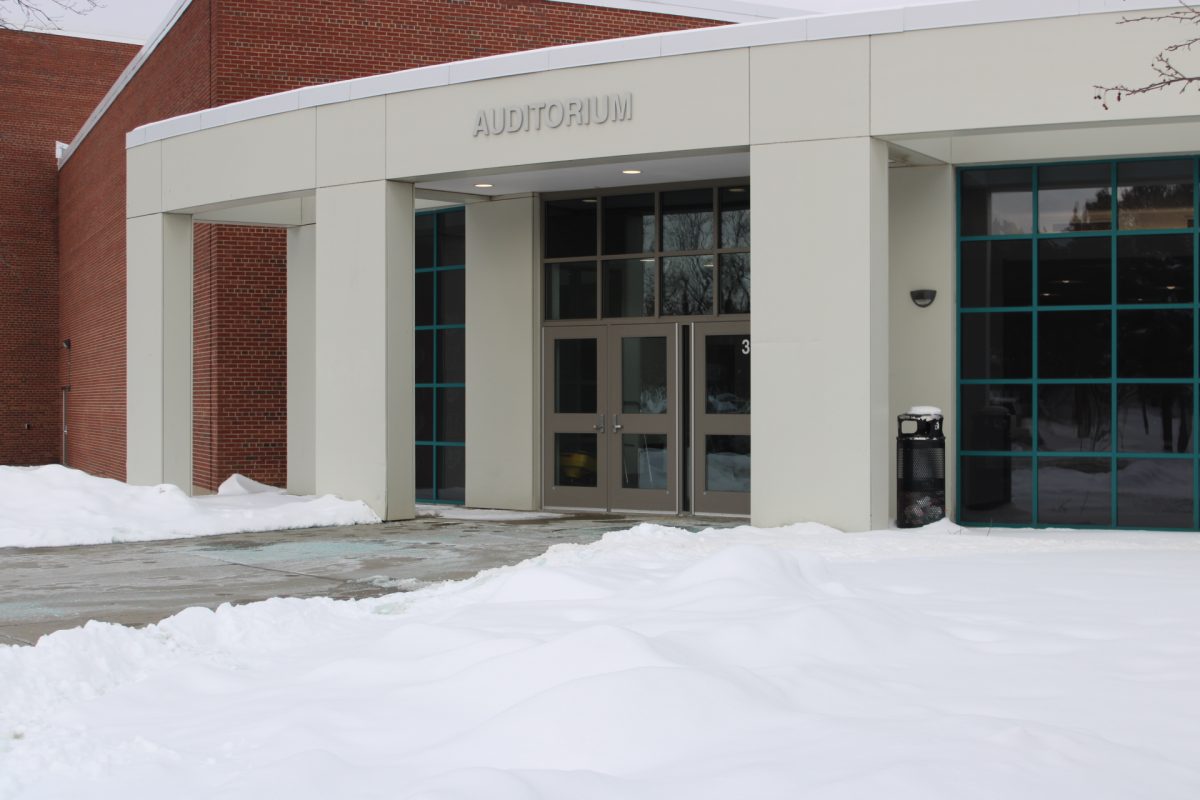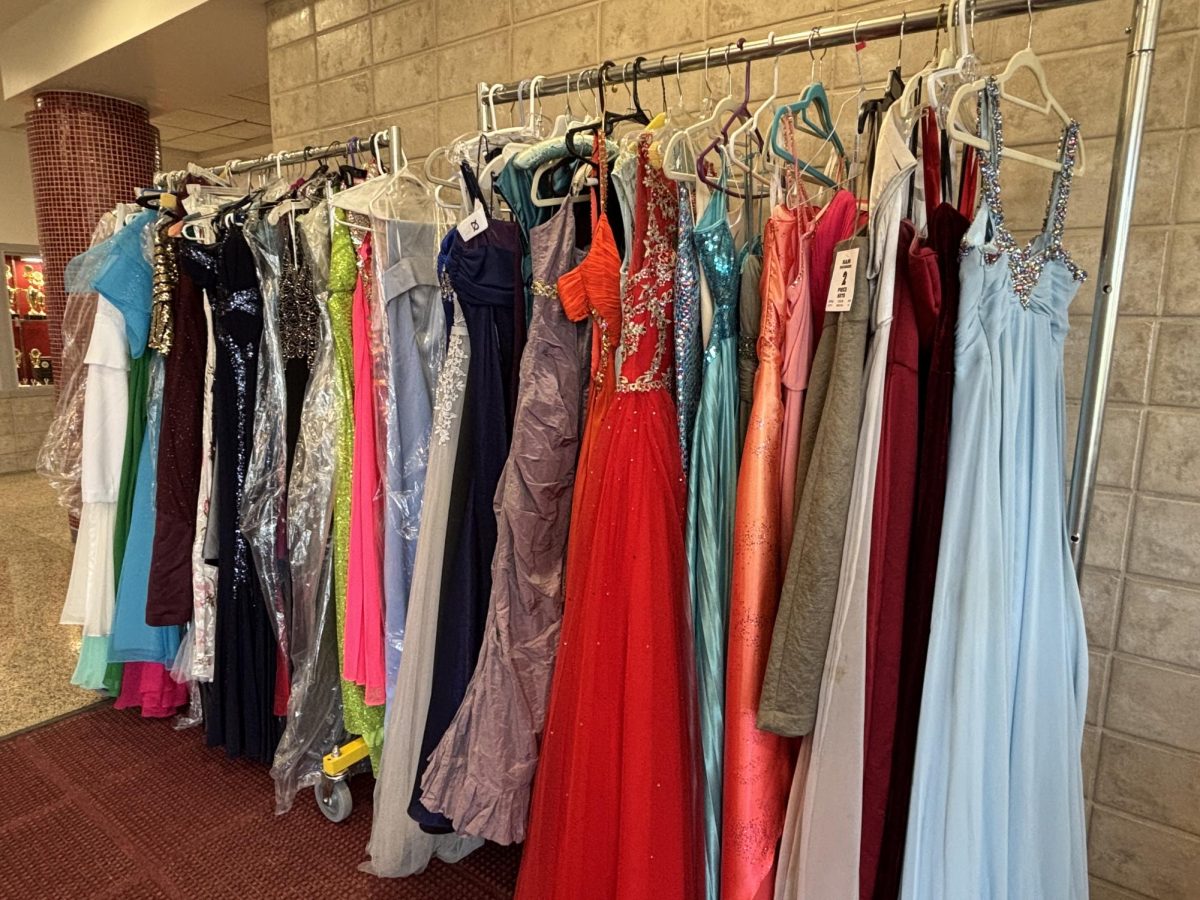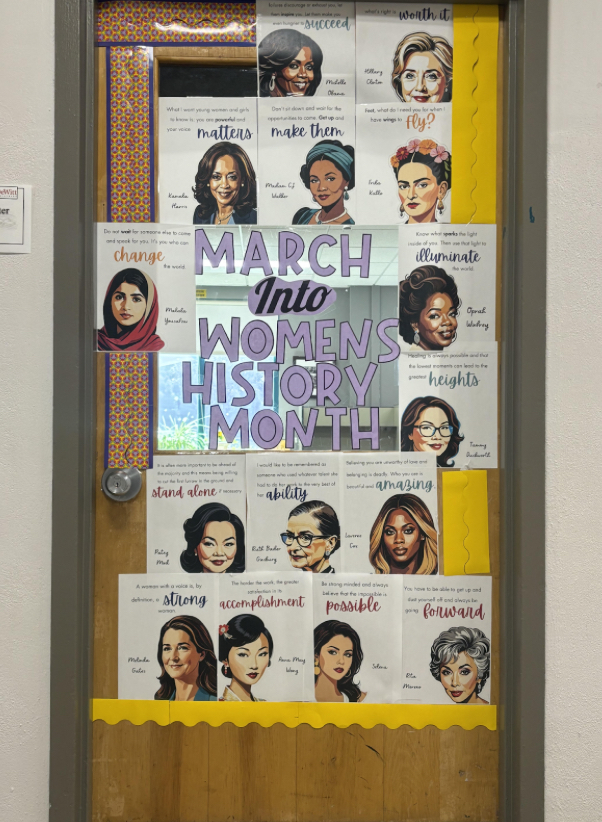By Ali Durkin and Olivia Byrnes
For the past five years the Jamesville-DeWitt Community Gounds for Action Coalition has raised $2.6 million for a new turf field, but now rumors that field turf may be unsafe for athletes have surfaced. Each crumb rubber field contains around 40,000 ground up rubber tires and recently there have been accusations that these artificial turf beads made from crumb rubber contain carcinogens that could possibly be leading to cancer. It has been said to cause a cancer known as Non-Hodgkin’s Lymphoma, a cancer that affects 15 year olds through 30 year olds. This story has entered the spotlight recently after ESPN made an E60, an exclusive sport video, and 60 Minutes published episodes on their findings about connections between turf and cancer.
The allegations that tied turf to Non-Hodgkin’s Lymphoma arose after Amy Griffin, a women’s soccer coach from University of Washington, conducted her own research after one of her former soccer players was diagnosed with Non-Hodgkin’s Lymphoma, she told NBC. She went on to find 153 players who had been diagnosed with this cancer, 124 of them were soccer players, and 85 were goalkeepers, Mrs. Griffin told prnewswire.com. Mrs. Griffin found that Non-Hodgkins Lymphoma affects goalkeepers more often because they are diving into the turf beads that contain toxins. These turf beads eventually enter their bloodstream through their eyes, mouths, or abrasions. Mrs. Griffin has found no scientific evidence to back up either side of this argument, but hopes that she can find evidence for either side in order to find a solution she told ESPN.
In another study conducted at Yale University, researchers analyzed chemicals in the rubber tire infill and these studies were published on Enviornment and Human Health Incorporated’s website. This is a company that is a nonprofit and dedicated to protecting human health from enviornmental harms through research and education. They found 96 chemicals out of 14 different samples that were tested. After furthering their research, Yale University found out that 47 chemicals had not been previously tested for toxins and there is little known about them. In the other 49 chemicals, 10 were found to be probable carcinogens. This means that there is a possibility that carcinogens are in field turf.
Few students at Jamesville-DeWitt High School did know of these claims that the newly installed turf was unsafe. “I am very aware of these accusations, I wrote a report on it and (discovered) it is because of the turf pebbles made of ground up tires,” said junior Elena Haarer who plays soccer. Junior football player Trey Greene was also familiar with the case because he had seen the documentary on ESPN, but he doesn’t know what to think about it.
Athletic Director John Goodson had little knowledge of the study, but knew that a coach was out collecting data. He did confirm that the J-DHS field is field turf, a blend of sand and rubber that could could contain carcinogens from tire bits. “I know that major medical universities such as John Hopkins have studied field turf and have determined it was safe,” he said, “but there may be a point where it becomes hazardous.” Mr. Goodson has said that if it was found to be unsafe then the school would react accordingly.
Fieldturf employee and salesman Ken Nigh, who helped provide J-DHS with our new turf, was aware and well informed on the accusations and studies done. “We are very supportive of Griffin and her concern with her players, but there has been no evidence showing that turf causes any harm,” says Nigh. He stated that respected and studious universities like Johns Hopkins, Northwestern, and Harvard have researched the topic and found no proof of anything harmful or dangerous. “There are tons of studies out there that prove that our fields are safe,” says Mr. Nigh. he also said that they had done studies out of their own company, and all their results were posted on fieldturf.com
Sophomore and soccer player Lainey Foti has also heard of the accusations, but strongly disagrees with them. “I think that it is ridiculous,” she said talking about the accusations. “Anything can cause cancer,” says Foti. Junior and soccer goalie Tommy Bonnachio doesn’t believe that it will be proven and says that he only has one more year left of playing on the turf so he really isn’t concerned about cancer.
Other students like junior soccer players Angela Bussone and Alex Catanzarite, have never heard of the accusations or research, but both don’t think that the turf and cancer are related to each other. “I never heard of this and it’s my first year playing on turf, so I’m not concerned,” said senior girls varsity goalie Julia Fairbanks.
Some of the students wouldn’t care even if turf did cause cancer such as junior Nick Palin and senior Alex Fontana. “I’m not a goalie so I don’t really think it would affect me,” says Palin. Fontana agrees and even said “by the time I’m old they probably could fix the issue.”
If schools are concerned with the possibility of endangering their athletes, FieldTurf offers alternatives to the traditional crumb rubber fields.




